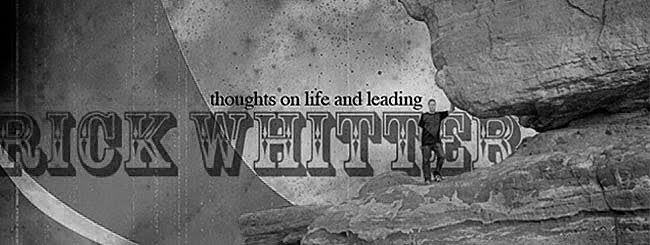 The following is connected to the message series, Tough Guys of the Bible at Maranatha Church. On Sunday, we discussed the life of King David and, specifically, his recovery from the sin of adultery and murder. Refer to II Samuel 11 and Psalm 51.
The following is connected to the message series, Tough Guys of the Bible at Maranatha Church. On Sunday, we discussed the life of King David and, specifically, his recovery from the sin of adultery and murder. Refer to II Samuel 11 and Psalm 51.How does one get on the road to recovery, when one has been a complete failure? When compromise of morals and values has been our path, how is it corrected? Is it possible to hold your head up when you know what you have done and everyone else knows what you have done?
It seems that we respond in one of two ways in our restoration after a fall. Either the sin is minimized and we behave as though our collapse is no big deal or we allow the collapse to absolutely destroy the rest of our lives. Depending on the level of the fall and the seriousness of our sin, a more balanced response is more effective.
I am thinking about King David’s disgrace after his affair with Bathsheba (II Samuel 11). He was the most highly recognized man in the country. Everyone knew him and they knew about his sin. They all knew that he fathered a child with a woman to whom he was not married. They knew that he was responsible for the death of his mistress’s husband. How could he possibly ever again show his face in public? How would anyone ever trust him? How could he ever recover his reputation? How could he ever have one ounce of self respect after this embarrassment?
Flirting with over simplification, I will offer a few ideas:
Quit lying: David initially lied about his affair. He lied to his followers, to himself and to God. As long as we are lying about our sin, we will never recover. Step up and be honest.
Start confessing: This is the awkward part. The book of James connects our confession of sin to our healing (James 5:16). Confession is cathartic, it has a way of cleaning us out. Until we confess, we are still deceiving.
Beat yourself up, (to a reasonable extent): Refer to Psalm 51. Failure is a big deal. We are sometimes pretty quick to gloss over the seriousness of our issues. We do believe in grace and know that forgiveness is available. But we should also know that sin has negative consequences. A season of mourning is necessary following a fall and is an important part of the restoration process. Shortcuts are not a good idea when it comes to recovery.
Repent: This word literally means to “think a different way”, to turn around how we are living. In other words, stop doing the thing that is wrong. Repetitive behavior and redundant sin make it nearly impossible to have enough confidence to actually believe in forgiveness and restoration.
Move on: get up, get out of the mud and get going again with life. Wallowing in guilt is counterproductive. Once God has forgiven you, it is time to forgive yourself and get back on track. Word of warning: other people won’t forgive or forget. Thank God that they are not the judge!
Psalm 51:1-12 (NET) “Have mercy on me, O God, because of your loyal love! Because of your great compassion, wipe away my rebellious acts! 2 Wash away my wrongdoing! Cleanse me of my sin! 3 For I am aware of my rebellious acts; I am forever conscious of my sin.4 Against you – you above all – I have sinned; I have done what is evil in your sight. So you are just when you confront me; you are right when you condemn me.5 Look, I was guilty of sin from birth, a sinner the moment my mother conceived me.6 Look, you desire integrity in the inner man; you want me to possess wisdom.7 Sprinkle me with water and I will be pure; wash me and I will be whiter than snow.8 Grant me the ultimate joy of being forgiven! May the bones you crushed rejoice! 9 Hide your face from my sins! Wipe away all my guilt! 10 Create for me a pure heart, O God! Renew a resolute spirit within me! 11 Do not reject me! Do not take your Holy Spirit away from me!12 Let me again experience the joy of your deliverance! Sustain me by giving me the desire to obey!”






No comments:
Post a Comment